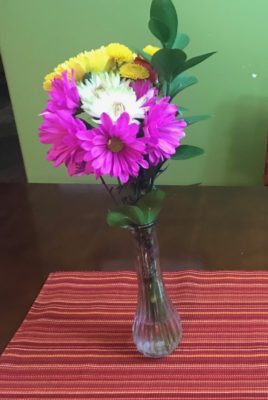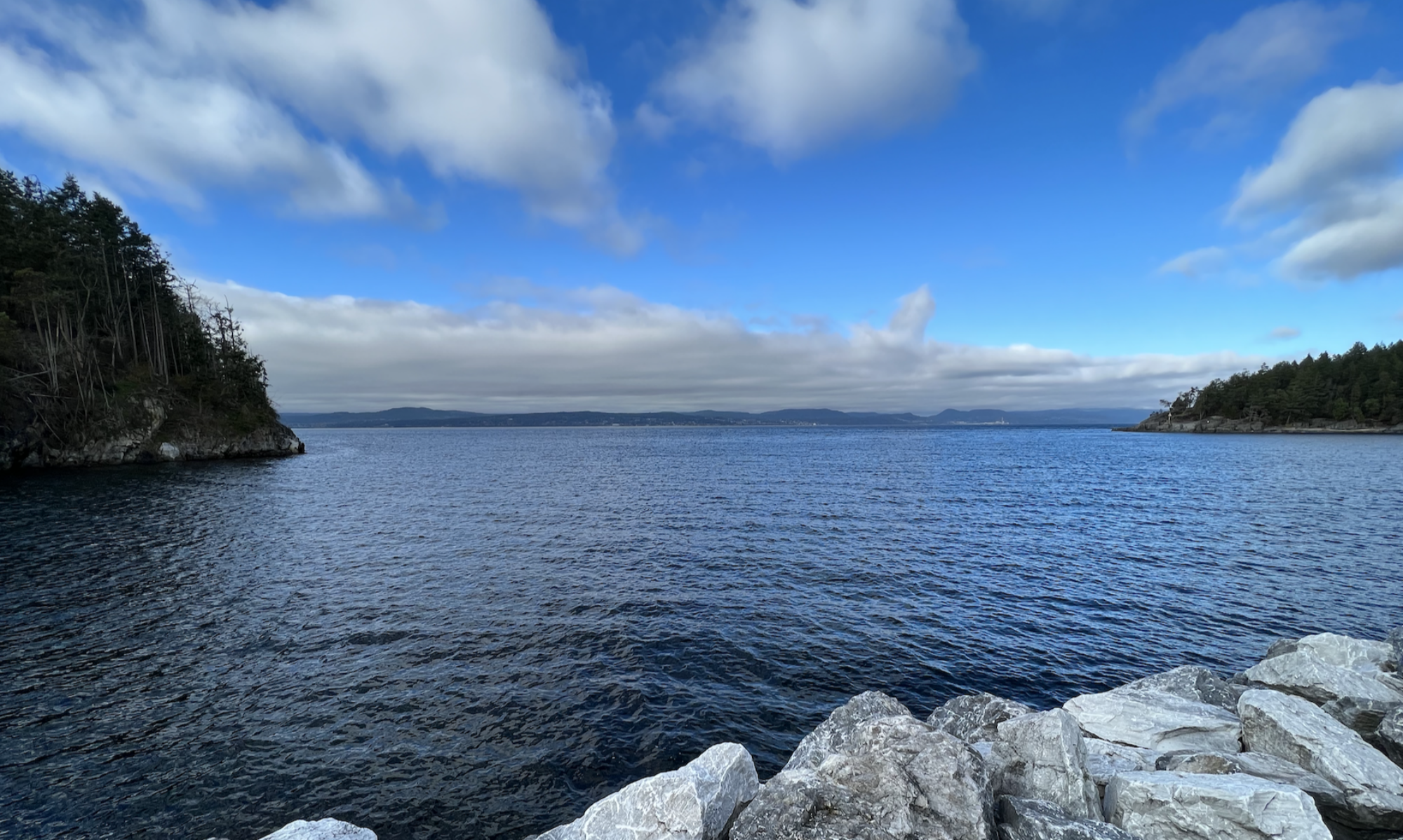
Last night I had dinner with a friend at a nearby Thai restaurant. We shared jasmine tea, cheese-filled wontons, coconut soup, sticky rice, and massaman curry. Delicious. And casual.
As expected, our conversation also was delicious. This is an old friendship in which over a couple of decades we have shared comfort that parallels the tea, fun that matches the wontons, imagination and color that is like the soup, big challenges that are sticky as any rice, and tasty delight that is the curry. A headline conversation thread for me from last night was the inherent mystery of it all. By “of it all,” I mean, life. “So much of it is mystery,” I observed to my friend. “All of it is mystery,” she replied. We laughed. There’s no need to be tentative together. It’s a delight to be with another that isn’t just speaking platitudes when talking about inherent mystery — because, after all, there are a few inevitable gut punches, not just spoons filled with sugar, in this kind of awareness.
We parted. Grateful. Filled.
Last night I had a dream. More mystery. About mystery. About simple behavior and a choice of operating mode that aligns with “it’s all mystery.”
In the dream I am with another friend. She is holding a vase of flowers. She is arranging the flowers and asking me, “does it need two stems of greenery or one?” In the dream I’m aware that she is asking a question as if there were an absolute answer. I respond deliberately to interrupt the assumption. “My hunch is to go with two.” She replies, in a way that attempts to subtly concretize my response, and to enable her a certainty, “So, it should have two?” I respond again, “My hunch is two. It doesn’t have to be two. That is your choice.” A third time my friend seeks what feels like an imposed absolute, “So, you think it should be two?” I offer one last clarity. “My hunch remains two. But it doesn’t really matter. I’m also a minimalist, so I value things that are understated.” My friend isn’t completely satisfied with my answer, but I feel I’ve stood for something that matters about changing the way we think. And I like that. I wake.
If all of life is mystery, it feels important to me that I change my language to reflect this inherent mystery and complexity. So many habits of language point us to removing uncertainty and subjectivity in favor of the certain and the objective. Many find the certain and the objective comforting — I can find oodles of ways that I have in my life. But comfort doesn’t help us grow up into the inherent mystery that is life. It’s just a comfort. And feeds a well-perpetuated illusion that at its base, is intended to protect us humans from the fear that can arise from uncertainty.
Sheesh!
All of life is mystery.
What if I and we lived as such, increasing the way that we encounter each other with curiosity about our choices and perceptions in how we are navigating the great mystery of it all. I know I want this. It’s a round world awakening, this time to get from the flatness of narrowed perception comforted by false certainties, to the roundness of more full awareness and embracing of subjectivity.
The waiter at the Thai restaurant tended to us well over the two hours what my friend and I were there. He brought us our tea. Then our food. After giving us some time to eat, he came back to check on us — “How is your food?” This is habit for me, in the mystery and grand subjectivity of things, to respond from the subjective. I smile at him, genuinely and appreciatively (thinking to myself that the food was really good), and respond, “I’m really enjoying it.”
